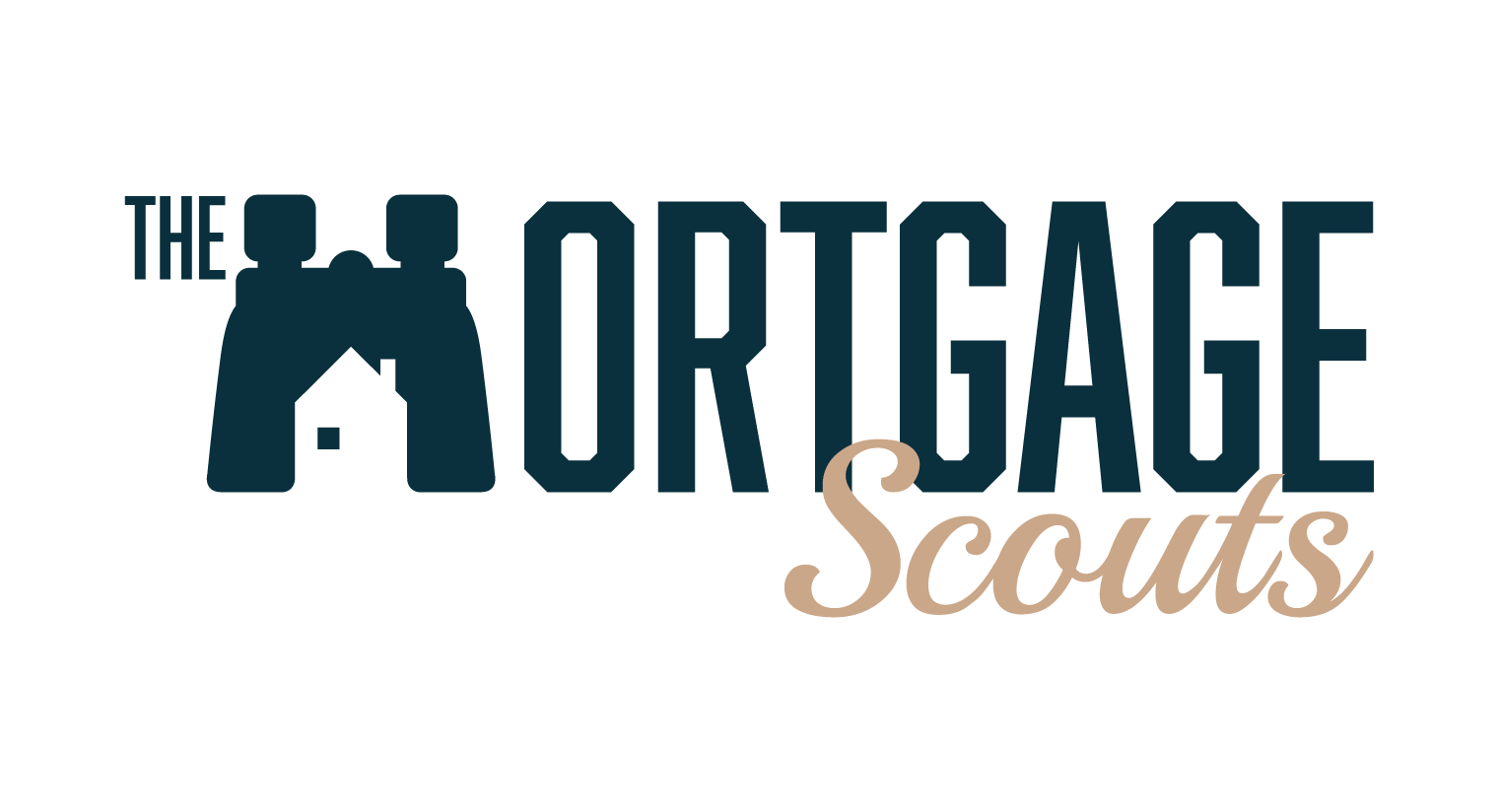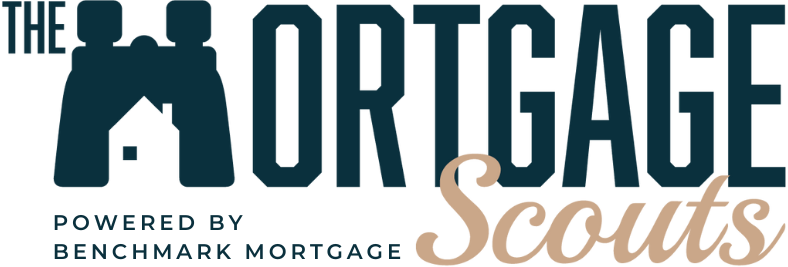Reverse Mortgages
In December, 1987, the United States Congress passed the Housing and Community Development Act of 1987. Section 255 of this legislation incorporated the statutory requirements for the Home Equity Conversion Mortgage (HECM); known today as the FHA-Insured Reverse Mortgage, and in February, 1988, President Reagan signed the legislation into law.
Despite the rapid increase in the program’s acceptance, many older Americans are misinformed and are fearful of the process and terms of the loan. Compounding the problem, many well-meaning family members and financial advisors offer advice based on secondhand knowledge or anecdotal stories; however, their information often falls short of providing a complete and accurate understanding of the facts about reverse mortgages.
How You Can Benefit From a Reverse Mortgage
In years past, it was a widely held belief that a reverse mortgage was the “loan of last resort.” Recently, based on numerous published articles and university studies, it is clear that this characterization has changed, and that the FHA-insured reverse mortgage has become an important component in the retirement plan for seniors at all levels of net worth.
Purchasing a home with a reverse mortgage – Many homeowners 62 years of age and older are living in homes that no longer meet their housing needs. By selling that home and using a portion of the proceeds from that sale as down payment, the homeowner can finance the purchase of a more suitable home and have no monthly mortgage payments.*
Creating more cash flow – Many use a reverse mortgage to pay off an existing mortgage or other installment or revolving debt, or to create monthly income from the equity in their home. This will reduce expenses and increase their cash flow to use for other purposes.
Retirement Planning – Wealth Managers, Financial Advisors, and Estate Planners are utilizing the reverse mortgage reserve line of credit in a wide range of strategies for their clients. Utilizing a reverse mortgage as a planning tool can defer or reduce draws against other income streams, provide an alternative cash flow during a down market, or offset cost of living increases that could shorten a portfolio’s time horizon. Others see a reverse mortgage line of credit as an excellent hedge against the risks associated with longevity, sequence of return, and taxes.
*Homeowners must keep their property taxes paid and home insured.
This information was not produced by HUD or FHA and the information was not reviewed or approved by the Department or Government Agency
**All loans are subject to underwriting or investor approval. Other restrictions may apply. This is not an offer of credit or a commitment to lend. Guidelines subject to change.

